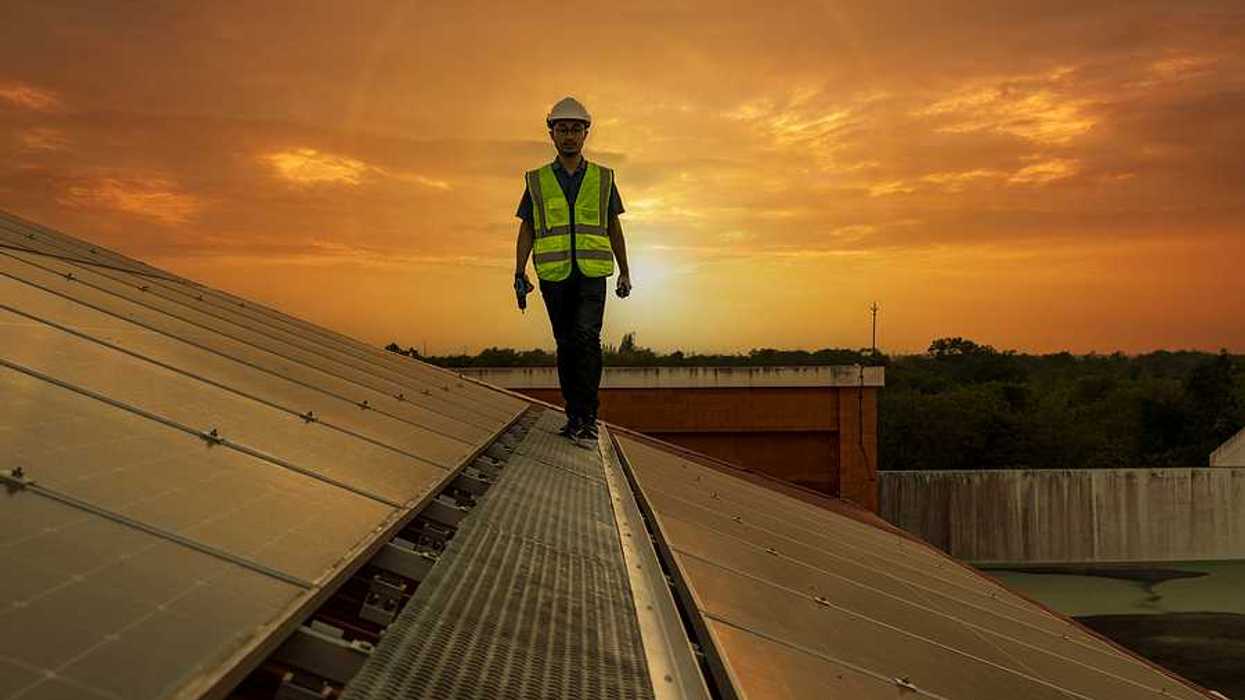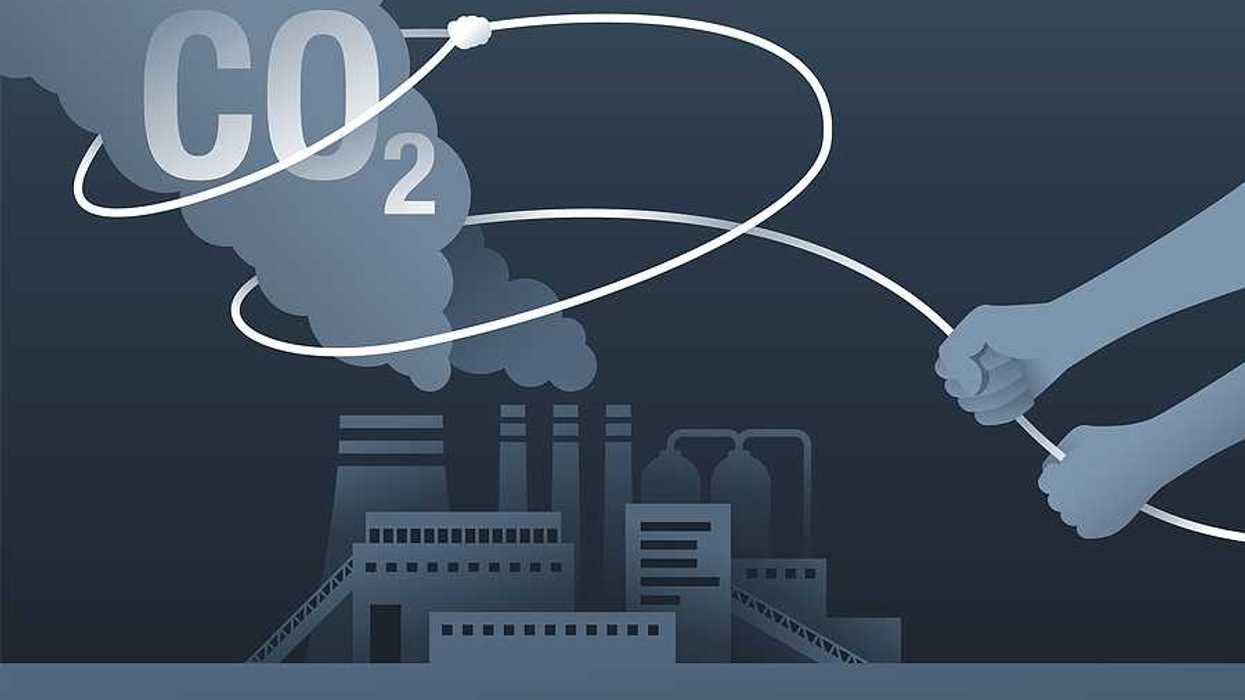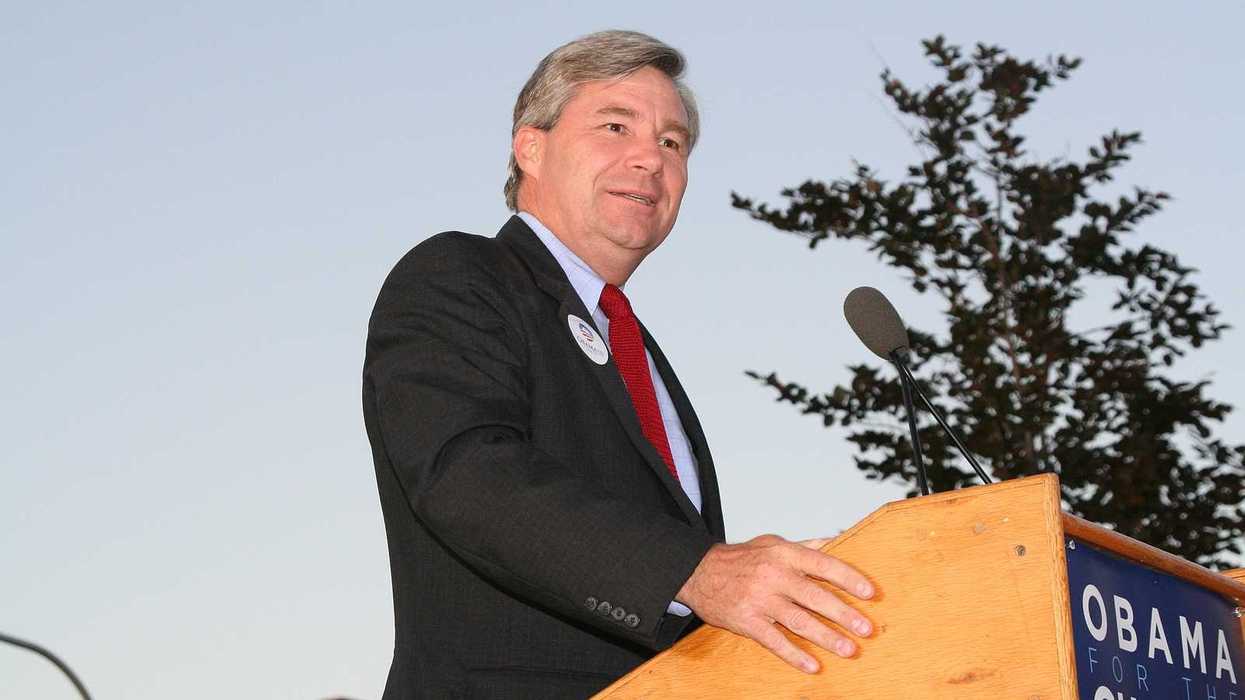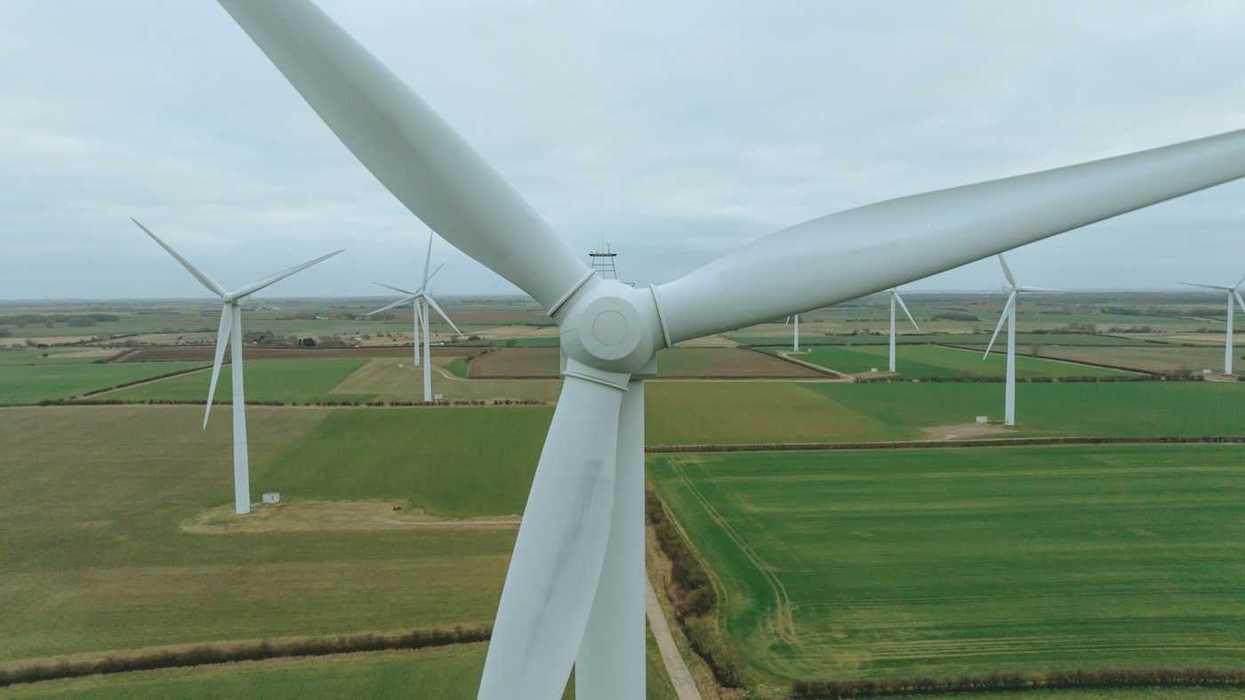President-elect Donald Trump’s second term could bring sweeping changes to policies affecting wild, farmed, captive and research animals, with deregulation and industry-friendly practices likely to dominate.
Emily Anthes and Catrin Einhorn report for The New York Times.
In short:
- Deregulation may harm wildlife by expanding energy development on public lands, reversing protections for vulnerable species and limiting climate change initiatives.
- Farm animal welfare could see weaker oversight, with policies favoring increased production and slaughter speeds despite safety and humane concerns.
- Reduced funding and enforcement of the Animal Welfare Act may weaken protections for research and captive animals, while policies on lab testing could reduce animal use but risk public health.
Key quote:
“I expect the second Trump term to be harmful to animals in many ways.”
— Ann Linder, associate director at Harvard University’s animal law and policy program.
Why this matters:
Policy shifts on climate change, land use and regulation under Trump could significantly harm biodiversity and animal welfare. Wild species and farmed animals face increased risks, while lax oversight may undermine protections for captive and research animals, exacerbating ethical and ecological issues.
Related: At the Vatican, a call to avoid 'biological extinction'.














